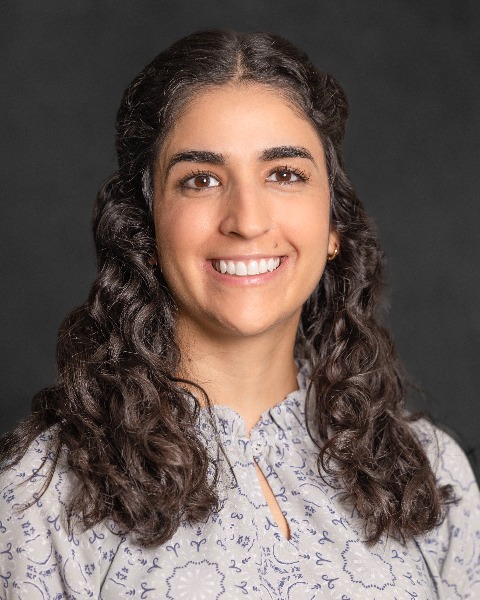Technology Works in Progress
Session: Technology Works in Progress
WIP 77 - Where Has the Time Gone: A Retrospective Analysis of Infectious Diseases Fellows' Day on Service
Monday, April 28, 2025
7:00am - 9:15am HST
Publication Number: WIP 77.7635
Roya Gordji, Children's National Medical Center, Washington, DC, United States; Sarah Benke, Children's National Medical Center, Washington, DC, United States; Craig A. Shapiro, George Washington University School of Medicine and Health Sciences, Washington, DC, United States

Roya Gordji, MD (she/her/hers)
Pediatric Infectious Diseases Fellow
Children's National Medical Center
Washington, District of Columbia, United States
WIP Poster Presenter(s)
Background: Documentation is reported to account for >30% of an individual physician’s time at work. For every hour spent face to face with a patient, an additional 1-2 hours are spent in the electronic health record (EHR). Furthermore, infectious diseases (ID) physicians are disproportionately affected among providers, with the greatest EHR active use time across all specialties. While this problem impacts medical professionals at all levels of training, published data regarding fellow specific time spent on documentation remains sparse.
Objective: Evaluate documentation time of pediatric ID fellows on the general inpatient ID clinical service. Secondary objectives are to assess whether subjective and objective documentation time are consistent, to evaluate barriers to completing timely documentation, and to evaluate time spent on tasks within the EHR outside of documentation.
Design/Methods: This project met criteria for IRB exemption per the Children’s National Hospital IRB review committee. This is a retrospective study with approximately 10 subjects. Participants are current pediatric ID fellows at a large, free standing children’s hospital. ID attending faculty, rotating pediatric ID fellows, resident trainees, and medical students were excluded. Subjective data will be collected via anonymous survey that includes assessments of tasks considered most time consuming, time required to complete documentation for new and follow up consultations, seasonal variation, barriers to completing documentation, and potential benefits of decreasing documentation time. Objective data of time spent in individual patient records in the EHR, time spent in documentation, and time spent performing duties outside of documentation in the EHR will be collected via HealtheIntent, an EHR-based analytic tool. Subjective data has already been collected, objective data collection will be complete by 01/2025, and data analysis will be complete by 02/2025. All data will be de-identified and evaluated with descriptive analysis and run charts.

